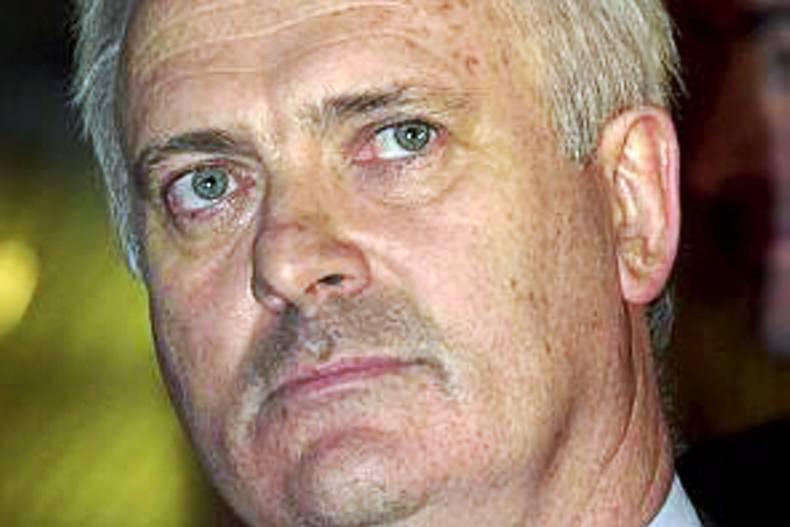At one time, Irish politicians rarely ventured into print on retirement, but the political memoir has become something of a literary genre in its own right in recent years. Two new examples are on offer for this year’s festive shopper, one from a former Taoiseach and the other from a former Tánaiste.
John Bruton’s book is not strictly a memoir of his years in high office (he held numerous ministerial portfolios during the 1970s and 1980s and served as Taoiseach from 1994 to 1997), but a collection of essays and reflections on public affairs.*
The former Fine Gael leader ranges over Northern Ireland, economic and environmental policy, interpretations of Irish history, the European Union and the role of religious belief in modern political life. Bruton has regularly incurred the wrath of true-green republicans with his historical ruminations, arguing for example that the non-violent nationalists of a century ago have been unreasonably written out of the national story.
The commemorations next year of the 1916 rebellion should not, according to Bruton, ignore the reality that an alternative route to national independence was in process of attainment through the efforts of constitutional nationalists.
Bruton is particularly interesting on the European Union. He was EU ambassador to the United States subsequent to his retirement from Irish politics and has been a life-long supporter of Ireland’s membership. No doubt he still is, but the treatment of the smaller member states, including Ireland, during the eurozone crisis clearly disturbs him as it does so many others.
When the larger members, notably Germany, have shown such tin-eared determination to pursue narrow national interests and when the European Central Bank has interfered politically in member states, the reflex Europhilia of Irish political leaders begins to look naïve.
One wonders if John Bruton would today support the decision to join the eurozone as enthusiastically as he did back in the 1990s. As Minister for Finance (briefly) back in 1981 John Bruton was a campaigner for improved management of the public finances, including better parliamentary scrutiny of public spending. It must amuse him to see present-day politicians still struggling to implement reforms he advocated over 30 years ago.
Eamon Gilmore led Labour to its greatest ever seat harvest at the general election of February 2011 and his defenestration a little over three years later displayed a certain deficiency of gratitude. He conceals any such emotions with generosity in his book, a conventional political memoir with a blow-by-blow account of his experiences in government.**
It became clear towards the end of 2010 that the Fianna Fáil/Green government was doomed and Labour was showing strongly in the opinion polls. The political commentators began to talk up the prospects of Labour out-polling Fine Gael and the two parties ran against one another rather than against the outgoing government at the ensuing general election.
As it happens, Fine Gael out-polled Labour comfortably and the competing, and conflicting, positions taken up by the two coalition parties stored up some problems for the new government.
Public finances
The rectification of the public finances had been in train since July 2008 and Ireland was already in an official troika lending programme when Gilmore became Tánaiste. The incoming government attempted, quite rightly, to avoid further pay-outs to holders of unsecured and unguaranteed debt issued by bust banks already in process of closure.
The late Brian Lenihan had been frustrated by the ECB in his efforts to ‘‘burn’’ these bondholders and the new government was subjected to the same treatment and in humiliating fashion.
Gilmore charts the slow recovery from this setback and the ultimate success in securing some relief from the crushing interest bill imposed initially by our European saviours.
In opposition, Gilmore’s Labour Party – to its considerable credit – had the wit to oppose the ill-fated bank guarantee debated in the Dáil in the first week of October 2008. Just 18 deputies, all Labour, voted against. Sinn Féin supported the measure and Gilmore cannot resist quoting contemporaneous, and enthusiastic, endorsements of the ill-advised guarantee from Sinn Féin deputies, whose party now enjoys three times the support of Labour. He must feel that politics is not entirely fair.
*John Bruton, Faith in Politics, Currach Press, €19.95.
** Eamon Gilmore, Inside the Room, Merrion Press, €18.95.





SHARING OPTIONS